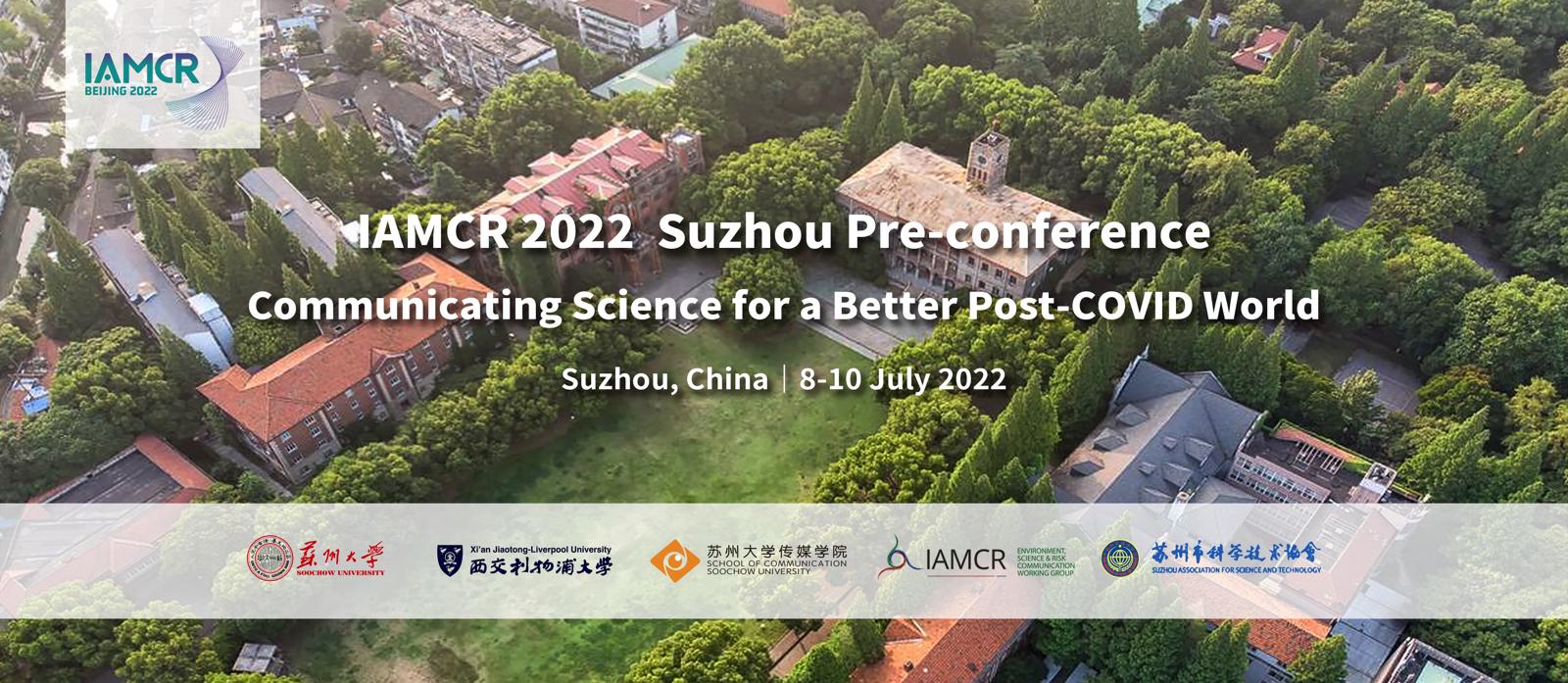"Carbon peaking in 2030 and carbon neutrality in 2060" is China's responsibility as a major country to address the global climate change crisis and its solemn commitment to the world. The implementation of China's "Double Carbon" target requires a correct understanding and proper grasp of the carbon peaking and carbon neutrality policy by the whole Chinese society, and the mobilization of all people to participate in it. However, there are still considerable deficiencies in the public's understanding of the connotation and benefits of the "Double Carbon" policy. It is necessary to further strengthen the communication effectiveness of the "Double Carbon" policy and extensively promote the concept of green and low-carbon.
The environmental information presented and constructed by the media influences how the public and stakeholders perceive and act on environmental policies. China's official reports serve as an important window for the public to understand environmental policies and form environmental awareness. Therefore, this study selects more than 100 "Double Carbon" themed reports in the “Ecology” section of People's Daily Online and uses content analysis and text analysis to explore the subjects, themes, frameworks, and characteristics of mainstream media reports on the issue of "Double Carbon", as well as the temporal, spatial and social distances between the reports and the public.
This study is based on construal level theory which explains the different levels of abstraction in people’s mental representations of cognitive objects, that is, how construal levels affect the mechanism of people's judgment and decision-making. Climate change is usually considered to be abstract, uncertain, and psychologically distant. At the same time, the "Double Carbon" initiative is also a systematic change involving all sectors of society, which has a high threshold of understanding. The construal level used by the media to construct the "Double Carbon" issue in their reports will have a crucial impact on readers' cognition. If the media generally adopts a grand narrative and emphasizes the era background and long-term values and goals of "Double Carbon", the abstractness of such reports makes it difficult for the public to form concrete cognition of "Double Carbon", which is also not conducive to the public's internalization and practice of green values.
This research aims to find out whether the current Chinese official media is effective in disseminating the "Double Carbon" policy and building public environmental awareness, proposing corresponding solutions, and providing a theoretical reference for subsequent "Double Carbon" policy communication and advocacy of green and low-carbon actions of the public.

 京公网安备 11010802039275号
京公网安备 11010802039275号